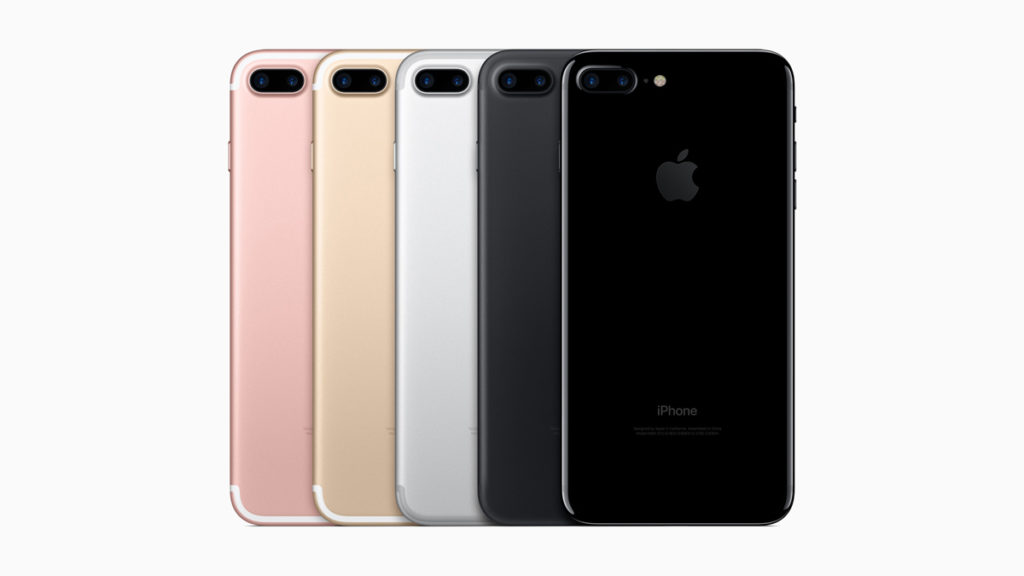
Apple’s lawyers are some of the best in the world, but even they weren’t able to argue their way out of “Batterygate” – a tech scandal that involves the intentional throttling of older iPhone models, such as the iPhone 6, iPhone 7 and iPhone SE.
The company initially claimed that it was slowing the devices down to counteract the consequences of aging lithium-ion batteries (e.g., unexpected crashes), but many users saw it as a deliberate act of planned obsolescence. Apple’s attempt to conceal the matter also made things worse.
Following a big lawsuit by over 30 state attorneys general, Apple has now been ordered to pay $113 million over iPhone throttling. This happens to be the second payout that the company has to attend to, with the first being a $500 million class action settlement.
A copy of the complaint can be accessed here.
Original Press Release
Attorney General Mark Brnovich announced a $113 million multistate settlement with Apple, Inc. regarding Apple’s 2016 decision to throttle consumers’ iPhone speeds to address unexpected shutdowns in some iPhones. General Brnovich, along with Arkansas Attorney General Leslie Rutledge and Indiana Attorney General Curtis Hill, led the investigation of Apple by more than 30 states.
Based on the multistate investigation, General Brnovich alleges that Apple discovered that battery issues were leading to unexpected shutdowns in iPhones. Rather than disclosing these issues or replacing batteries, however, Apple concealed the issues from consumers. Apple’s concealment ultimately led to a software update in December 2016 that reduced iPhone performance to keep the phones from unexpectedly shutting down.
The attorneys general allege that Apple’s concealment of the battery issues and decision to throttle the performance of consumers’ iPhones led to Apple profiting from selling additional iPhones to consumers whose phone performance Apple had slowed.
“Big Tech companies must stop manipulating consumers and tell them the whole truth about their practices and products,” said Attorney General Mark Brnovich. “I’m committed to holding these goliath technology companies accountable when they conceal important information from users.”
Under the proposed settlement, Apple will pay Arizona over $5 million. In addition to the monetary payment, Apple also must provide truthful information to consumers about iPhone battery health, performance, and power management. Apple must provide this important information in various forms on its website, in update installation notes, and in the iPhone user interface itself.
Recently, Apple also settled class action litigation related to the same conduct, and under that settlement Apple will pay out up to $500 million in consumer restitution. More information on the settlement can be found here.
This case was handled by Civil Litigation Division Chief Counsel Joseph Sciarrotta, Unit Chief Counsel Matthew du Mee, and former Consumer Protection Section Chief Rebecca Eggleston and Senior Litigation Counsel John Gray.
